Protect Our Sub-Antarctic Marine Life
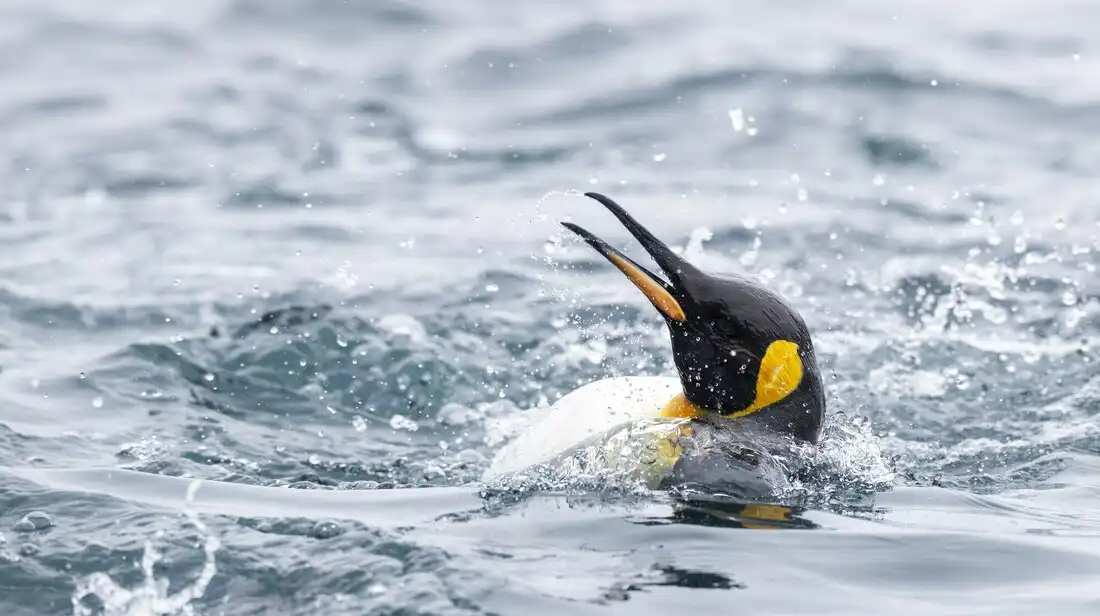
Australia is responsible for three World Heritage-listed islands in the Southern Ocean near Antarctica.
These Sub-Antarctic Islands – Macquarie, Heard and the McDonald Islands – are among the last truly wild places on the planet.
Teeming with unique wildlife, they provide crucial habitat for penguins, seals, sea lions, whales, fish and dozens of migratory birds, such as albatross.
Some species, such as the royal penguin, are found nowhere else on Earth.
The time for action is now!
Our Sub-Antarctic marine protections are up for review. This creates a once-in-a-decade opportunity to increase protection for some of the most spectacular environments on the planet.
The Australian Government must take responsibility and protect our unique a Sub-Antarctic Islands by creating large marine sanctuaries to safeguard our marine life. This can be done while keeping key areas available to existing relatively well-managed and sustainable commercial fishing outside the large sanctuaries.
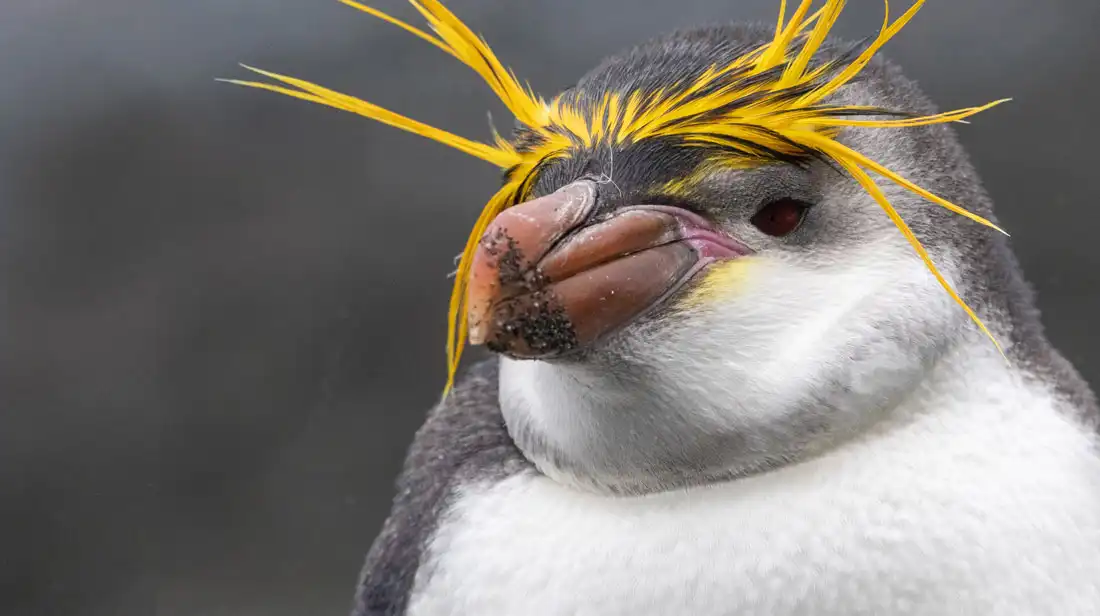
Macquarie Island: A jewel in the crown of the Southern Ocean
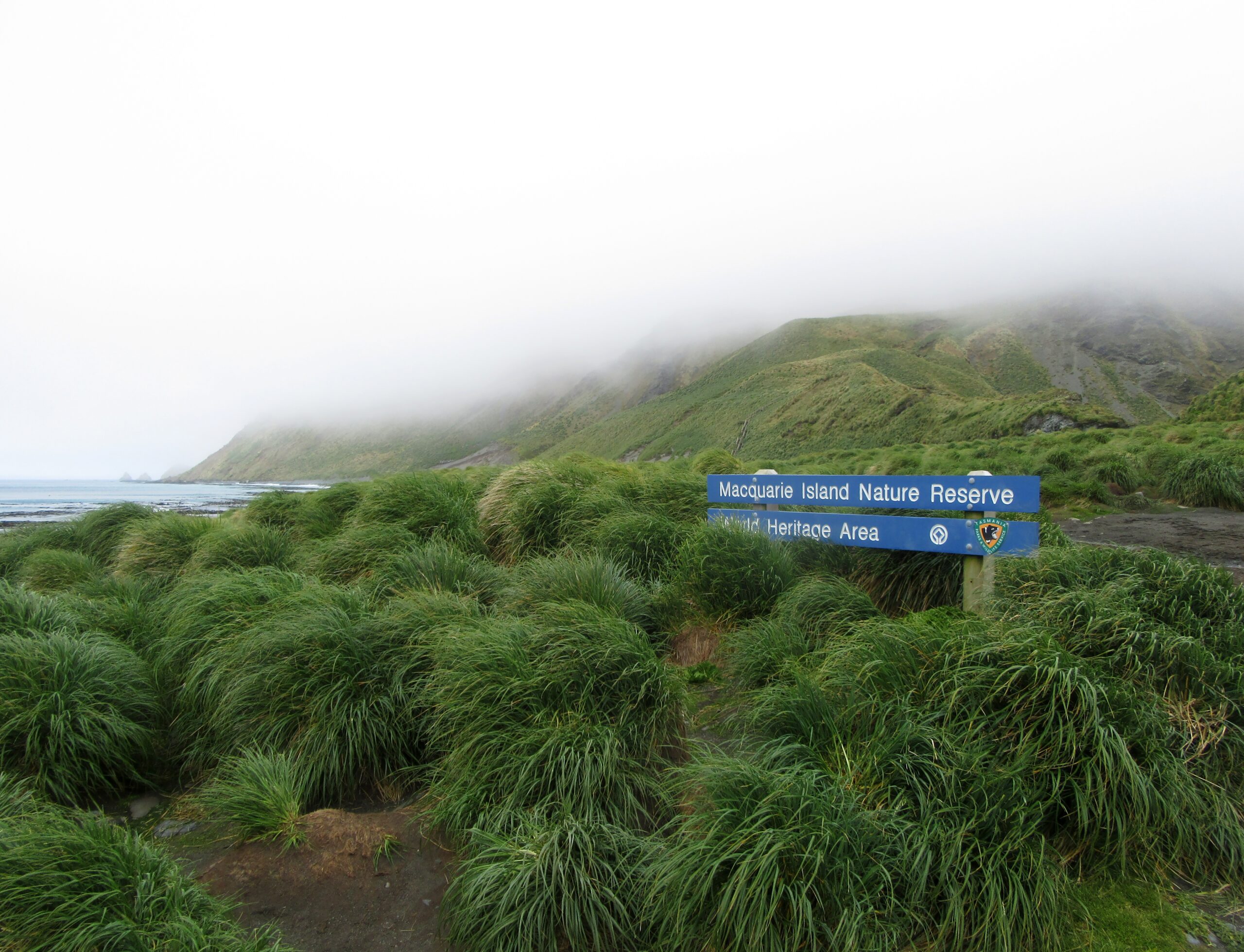
Macquarie Island is a lush and windy wonderland halfway between Tasmania and antarctica.
The island and its waters are a haven for a remarkable array of Antarctic wildlife, including cetaceans, elephant seals and many different types of albatross, penguins and fur seals.
It’s also the only home in the world for the royal penguin and the Macquarie Island imperial shag.
Macquarie Island is the only place formed entirely of oceanic crust, where rocks from deep below the Earth’s surface have been thrust above sea level.
Heard and McDonald Islands - A living test tube of life in the Southern Ocean
Even more remote are Australia’s biologically pristine Heard and McDonald Islands, which lie 4,000 km southwest of Perth.
Lashed by wind and water, they comprise the only Sub-Antarctic island group with an entirely intact ecosystem, free of any known species directly introduced by humans. This means that biological and evolutionary processes can occur naturally, making these islands a living test tube.
The Islands support large breeding populations of seabirds and marine mammals such as threatened seals and albatross, an endemic cormorant, and four species of penguins.
Heard Island is also home to Big Ben – an active volcano which, at 2,745 metres, is taller than mainland Australia’s largest mountain, Kosciuszko.
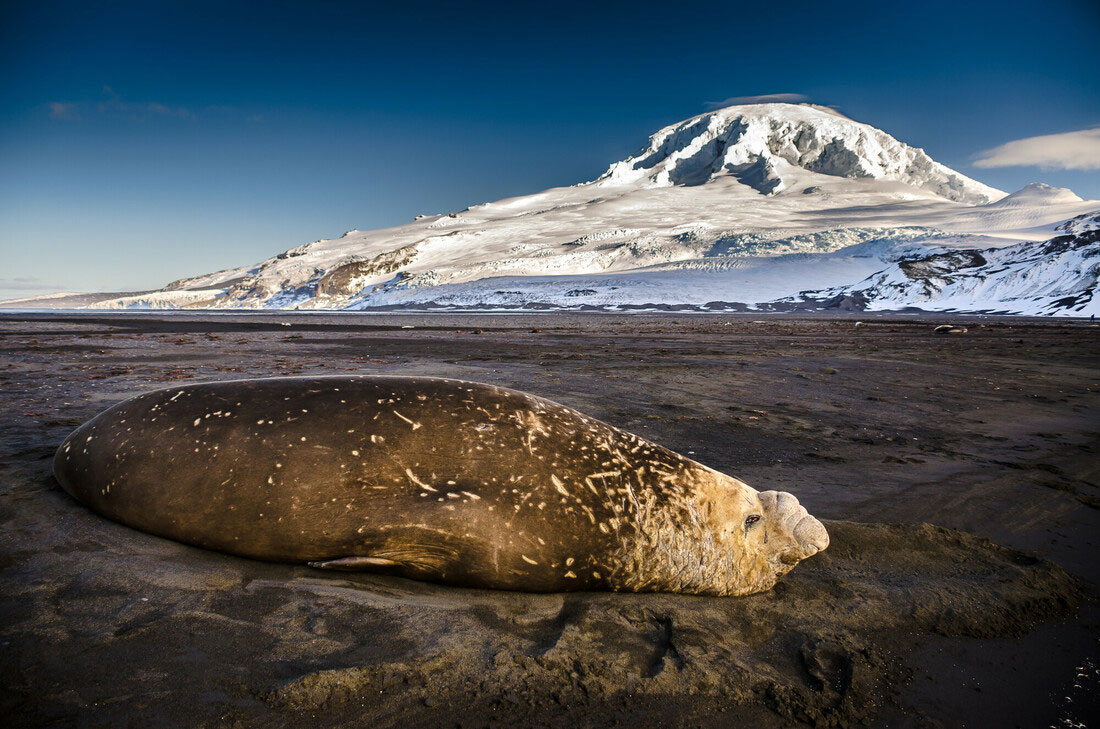
Global Signicance
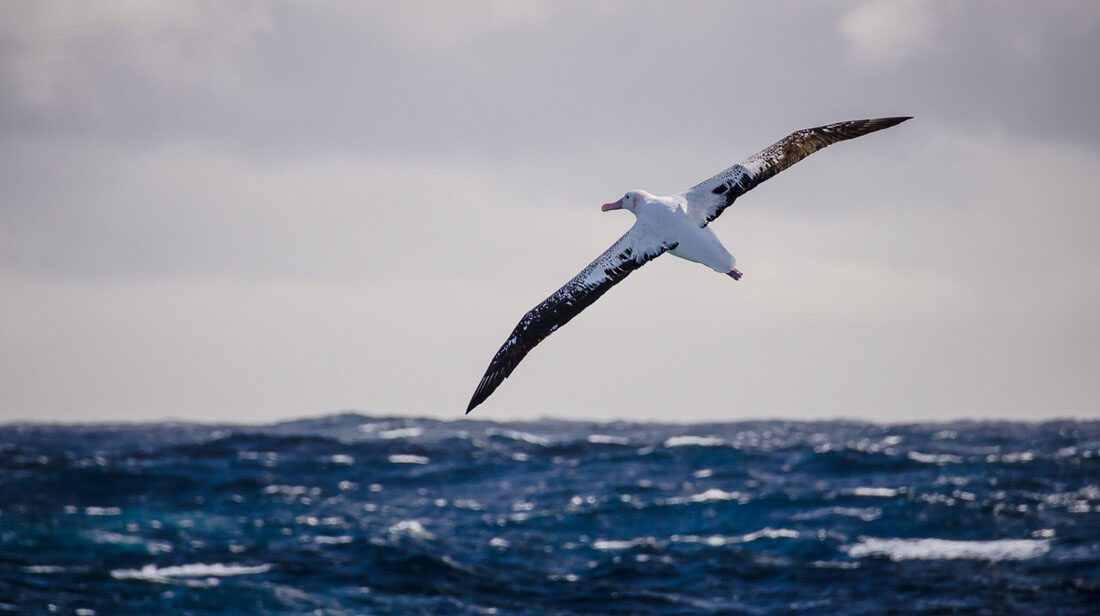
The Southern Ocean is critical to stabilising our climate and circulating vital nutrients that sustain fish populations across the world.
From the food we eat, to our daily weather and global climate, we all rely on the icy southern foundation of our planet. But temperatures are rising and the rate of ice loss has tripled.
Marine sanctuaries which protect from extractive industries such as mining or fishing play a crucial role in building resilience.
Global progress on establishing a network of antarctic Marine Sanctuaries has stalled. That means, more than ever, Australia must take decisive action in our own Sub-Antarctic backyard.
Despite the unique and rich conservation values of these globally recognised islands, only small sections of their surrounding waters are protected from harmful activity such as deep sea mining or industrial fishing.
History shows that unless precious environments like these have strong protections in place, they fall victim to such threats.
We have a once-in-a-decade opportunity to increase protection for some of the most spectacular environments on the planet.
Show your support for sub-antarctic marine protection today!
Link to action/button
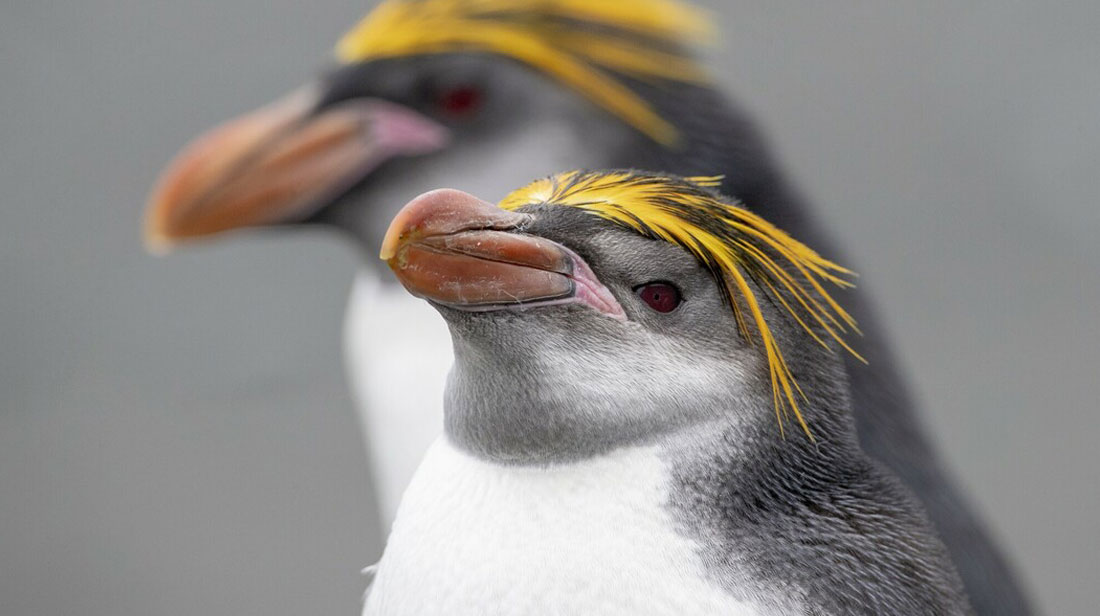
We acknowledge the traditional custodians of the land on which our offices stand and we pay our respects to Elders past, present and emerging.